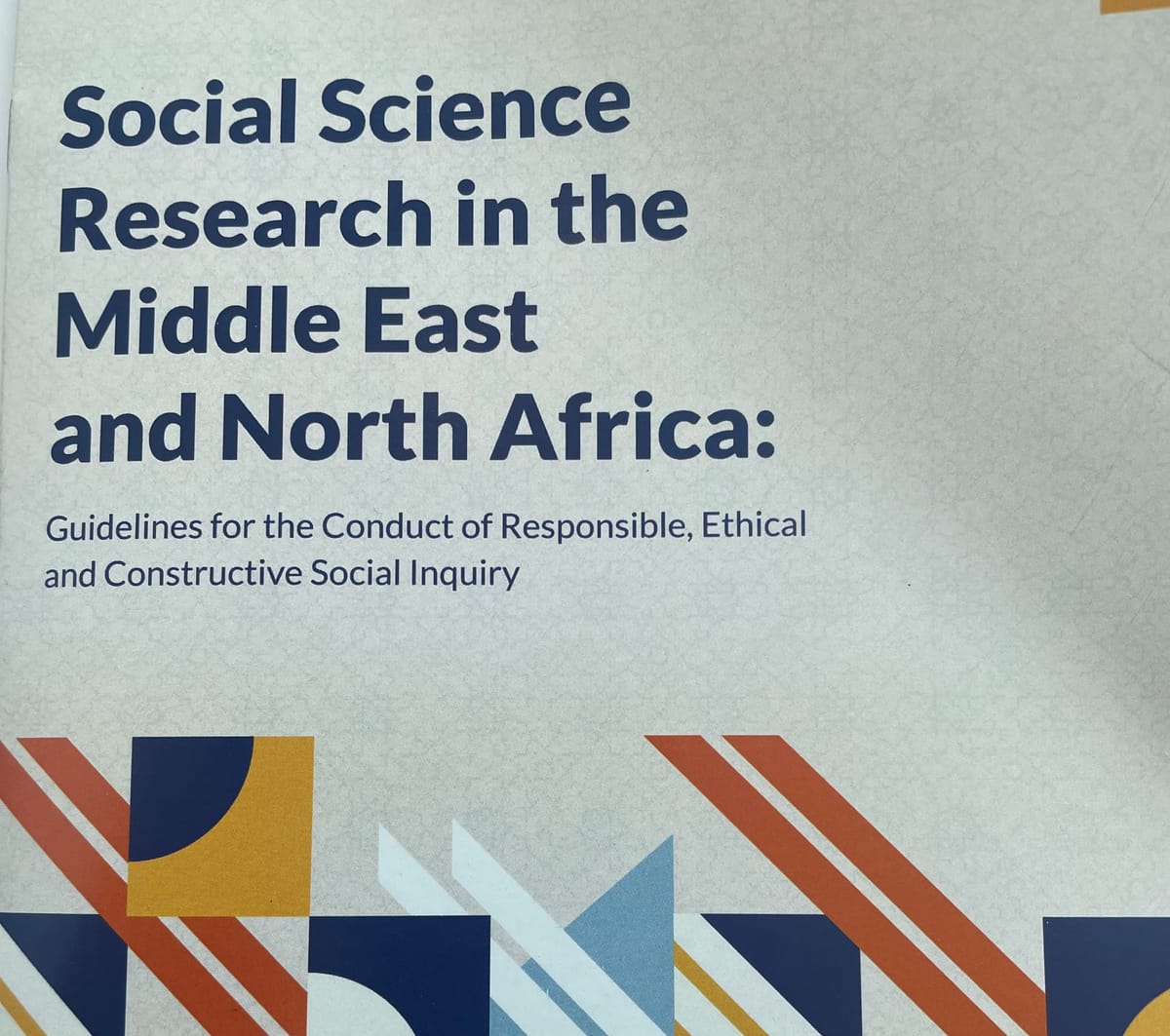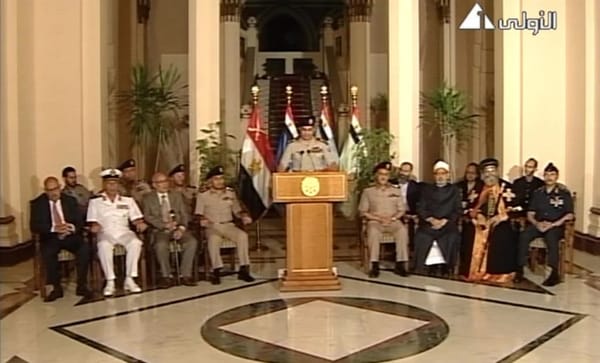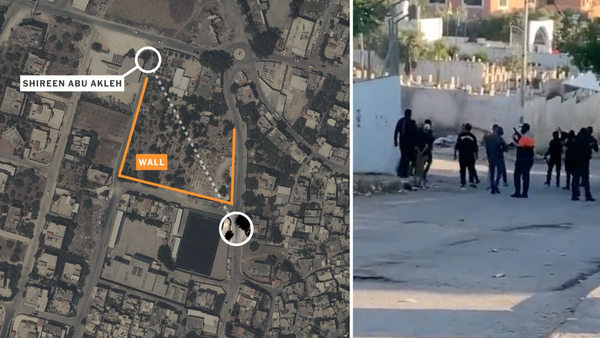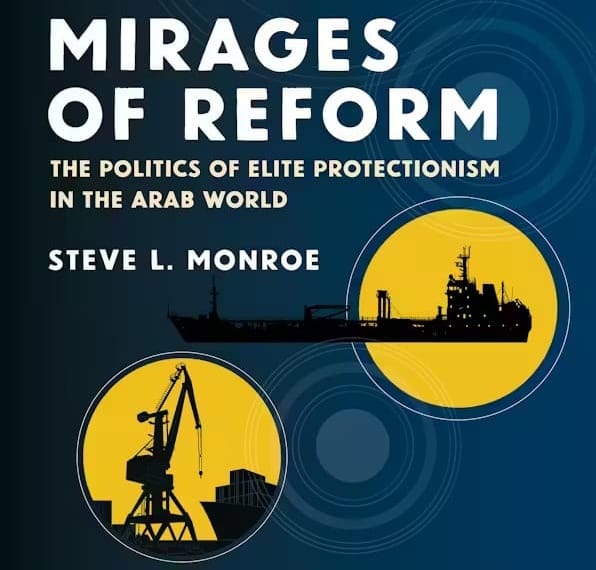Ethics in Middle East Studies

A report from the launch conference of a major project challenging our field.
Apologies for not posting for a while – end of the semester and final copy edits on America's Middle East have kept me busy. I am just now finishing up a short trip to New York where I attended the launch conference for the Research Ethics in the Middle East and North Africa (REMENA) project's new set of guidelines and recommendations. For the last five years, under the auspices of the Special Commission on Social Science Research in the Middle East and North Africa, REMENA - housed at Columbia University's SIPA, led by Lisa Anderson, and bringing together a diverse committee of scholars from the US, Europe and the MENA region - has been holding workshops, building networks, and putting out an important stream of publications. This event, held at the Malcolm X and Dr Betty Shabbaz Center (and not on Columbia's campus, for reasons not unrelated to the themes of the conference), brought together a terrific set of scholars and practitioners to discuss the REMENA recommendations (though a significant number of people from the Middle East and Europe who should have been there couldn't attend because of the Trump administration's appalling visa and border polices, also raising ethical issues relevant to the project). It's a good time to share some of that project's major contributions and offer some thoughts on the broader enterprise.
REMENA is the product of a moment in (mostly) political science in which a critical mass of Middle East focused scholars – at all career stages, and across multiple methodologies – began to think seriously about the ethical dimensions of our research in the region. That reflected not only the moral challenges posed by horrors like Israel's war on Gaza, but also the implications of doing research in highly authoritarian states marked by increasing surveillance and targeted repression, the growing difficulty of doing research on the ground in either those authoritarian states or states consumed by civil war, and intellectual trends surrounding the decolonization of knowledge.
Their deliberations included a wide range of ethical challenges: the unequal nature of the exchange of knowledge in academic partnerships; the often unacknowledged reliance on local research partners (from graduate assistants to fixers); the coercive fielding of surveys among vulnerable populations; disparities in funding opportunities and access to research materials; the limitations of the IRB model of protecting ethics; and the professional pressures and internal contradictions which push people towards (and often reward) unethical practices. The recommendations seek to ensure that scholars and research subjects from the region are treated with fully self-reflexive, non-exploitative ethical consideration – from the design of the research through its implentation and dissemination. They ask pointed questions not only about research design and methods but about our responsibility as scholars to the people we study and to the communities we serve.
The full richness of those deliberations can be seen in a fantastic new publication drawn from the project. Last week, Daedalus (the journal of the American Academy of the Arts and Sciences) published a spectacular special issue reporting some of the findings and arguments of the initiative (all open access and fully free to download). Lisa Anderson's preface lays out the background of the project, which are then more fully fleshed out by Anderson, Rabab el-Mahdi, and Seteney Shami in a longer framing essay. They situate the critical engagement with research ethics within the broader context of power relations and the evolution of higher education, where "the study of the Middle East and North Africa illustrates an uneasy tension in simultaneously fostering critical inquiry, producing educated elites, serving national interests, meeting international markets, and producing truly global knowledge." Anderson also contributes a searing essay on political science as an "anti-politics machine", drawing on the pioneering work of James Ferguson to illustrate how "the rhetorical, institutional, and disciplinary operations of the social science research enterprise worldwide serve to divert attention from questions of power and collective accountability to a focus on technical interventions, institutional risk, and individual responsibility."
The essays which populate the special issue approach the question of research ethics from a wide range of perspectives. Ellen Lust and Samuel Tafessi Wakuma present one of the most comprehensive empirical surveys I've seen of the funding practices of major foundations for projects related to the Middle East (which, sadly, has become an historical project almost overnight). Rich Nielsen and Annie Zhou explore whether AI and machine translation might overcome the tendency of Western scholars to ignore scholarship in Arabic. Sara Ababneh explores feminist approaches to researching the Middle East and the paradoxes of reflexivity. Sarah Parkinson's unsparing look at the approach of different types of researchers to IRB review will probably generate some controversy (it should).
Catherine Brun looks at definitional problems in research on forced migration and refugees. Marc Owen Jones gives an eye opening account of the distorting and threatening realities of weaponized online engagement. Rabab el-Mahdi and Samer Atallah ask if random controlled experiments can ever be ethical or productive in the Middle Eastern context. Jannis Julien Grimm and Lilian Mauthofer examine the semantic and political challenges to ethical engagement around October 7 and the war on Gaza. Lila Abu-Lughod looks to indigenous scholarship for insights into the limits and possibilities of ethically decolonizing scholarship on the region. Hisham Aidi considers the ethical implications of importing American concepts of race to the Middle Eastern context. Dima Toukan considers ethics from within the nonacademic development world.
The collection concludes with a reflection from Scott Desposato on how this all looks from the perspective of Latin American Studies, and a set of reflections on the full scope and scale of the REMENA project from its leaders (Abu Lughod, Anderson, el-Mahdi, Shami, Sari Hanafi and Stephane Lacroix). Those recommendations will soon be widely available – and hopefully deeply engaged with by journal editors, department chairs, journal and book reviewers, professional associations, and everyone else in the profession. Their call to "reclaim the research enterprise as a collective responsibility" hits hard in the current climate of unprecedented attacks on higher education, our international students, and Middle East Studies as a field. The challenges we face are ever evolving and raise unexpected issues, but the ethical imperative and the collective responsibility we share remain constant.
I'll be back next week with the launch of the summer book club, the latest MENA Academy roundup, and more.



